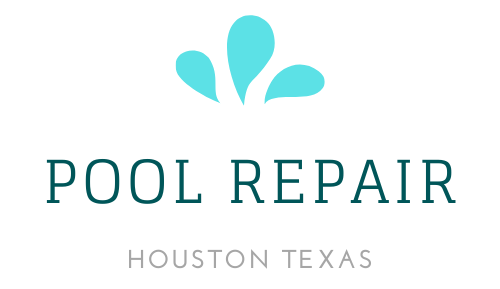A swimming pool is a wonderful addition to any home, providing a refreshing oasis for relaxation and enjoyment. However, when the pool’s pump or heater malfunctions, it can quickly turn into a frustrating experience. To ensure your pool stays in top condition and the water temperature remains perfect, understanding pump and heater repair is essential. In this comprehensive guide, we will explore common pool pump and heater issues, troubleshooting tips, and steps for effective repairs.
Common Pool Pump Issues
- Pump not starting: If your pool pump fails to start, check the power supply, circuit breaker, and motor switch. Ensure all connections are secure and clean. If the pump still doesn’t start, the motor or capacitor may require replacement.
- Low water flow: Insufficient water flow can be caused by clogged impellers, blocked skimmer baskets, or a dirty filter. Clean or replace the necessary components to restore proper water circulation.
- Strange noises: Unusual noises like grinding or screeching indicate potential problems with bearings, impellers, or motor parts. Consult a professional technician to diagnose and repair the issue.
Common Pool Heater Issues
- No heat: If your pool heater fails to produce heat, check the gas supply (if applicable), pilot light, or electrical connections. Clean or replace the igniter or sensor if necessary. Consult a professional if the issue persists.
- Inadequate heat: If your pool water is not reaching the desired temperature, check the thermostat settings and ensure the heat exchanger is clean. A dirty heat exchanger can reduce the efficiency of the heater. Clean or descale the exchanger to improve heat transfer.
- Leaks: Leaks can occur in various components of the heater, including the pipes, valves, or heat exchanger. Locate the source of the leak and repair or replace the affected parts. It is advisable to seek professional assistance for complex leaks.
Troubleshooting Tips
Before attempting any repairs, consider these troubleshooting tips:
- Perform regular maintenance: Keep your pool equipment clean and well-maintained to prevent common issues. Regularly clean the pump basket, skimmer, and filter to ensure proper water flow.
- Check water chemistry: Imbalanced water chemistry can damage pool equipment. Maintain appropriate chemical levels and pH balance to prevent corrosion and other issues.
- Read manufacturer’s manuals: Familiarize yourself with the operation and maintenance instructions provided by the manufacturer for your specific pump and heater models.
- Consult professionals when needed: While you can troubleshoot and perform basic maintenance tasks, complex repairs or issues should be handled by qualified pool technicians to avoid further damage.
Effective Repairs
When it comes to pump and heater repairs, it is crucial to follow the necessary steps to ensure safe and effective results:
- Gather the required tools: Depending on the repair task, gather the appropriate tools, such as screwdrivers, wrenches, multimeters, and replacement parts.
- Disconnect power: Always turn off the power supply to the pump or heater before attempting any repairs. This ensures safety and prevents electrical accidents.
- Identify and diagnose the issue: Carefully inspect the pump or heater for visible damage or signs of malfunction. Use troubleshooting techniques to identify the root cause of the problem.
- Follow repair procedures: Consult the manufacturer’s instructions or seek professional guidance to perform the necessary repairs. Follow step-by-step procedures to ensure correct execution.
- Test and monitor: After completing the repairs, test the equipment to ensure it functions properly. Monitor the pump or heater performance over time to ensure long-term reliability.
Conclusion
Maintaining a properly functioning pool pump and heater is crucial to ensuring a comfortable swimming experience. By understanding common issues, troubleshooting techniques, and following effective repair procedures, you can keep the heat on and enjoy your pool to the fullest. Regular maintenance, adherence to manufacturer’s guidelines, and seeking professional help when needed will help keep your pool’s pump and heater in excellent working condition for years to come.
